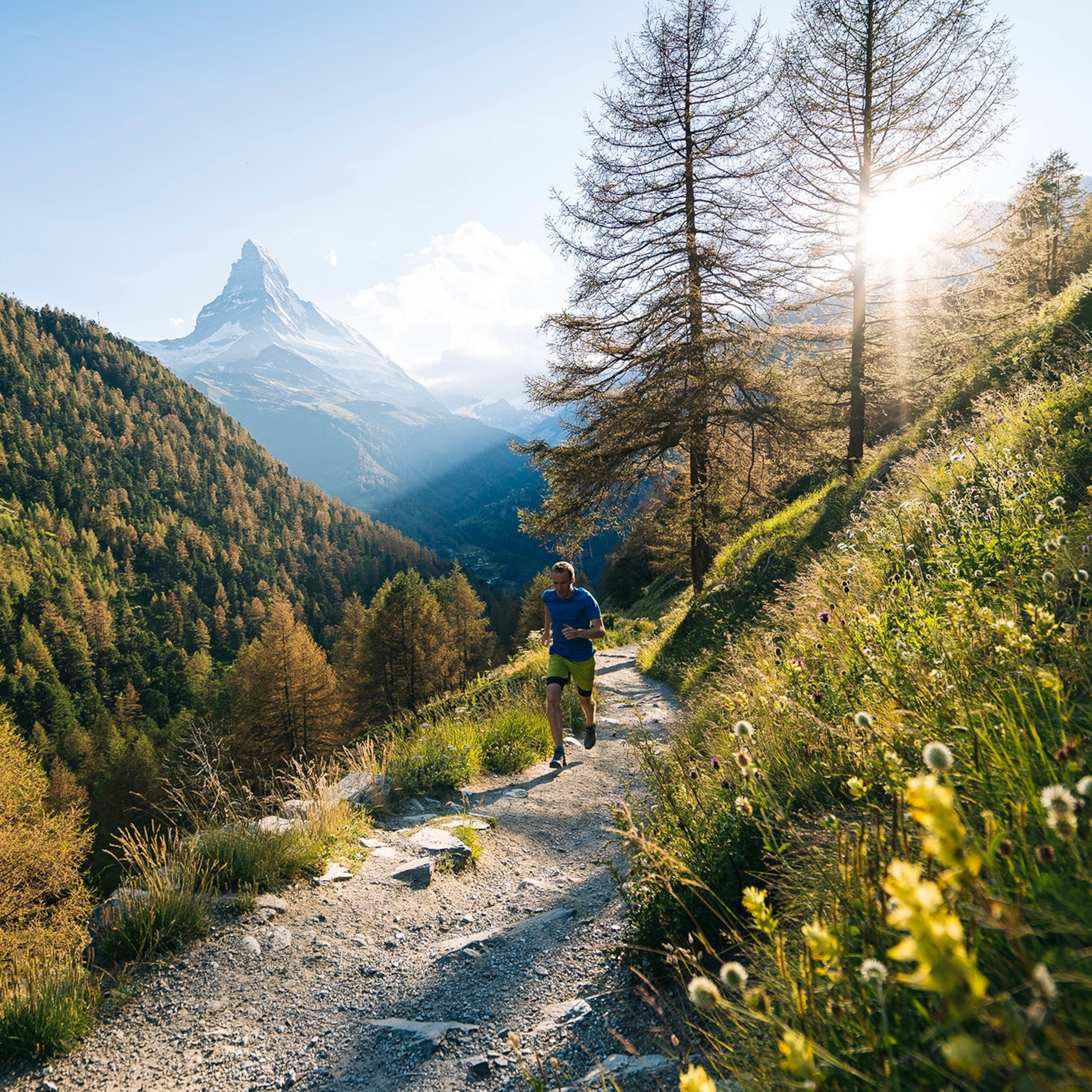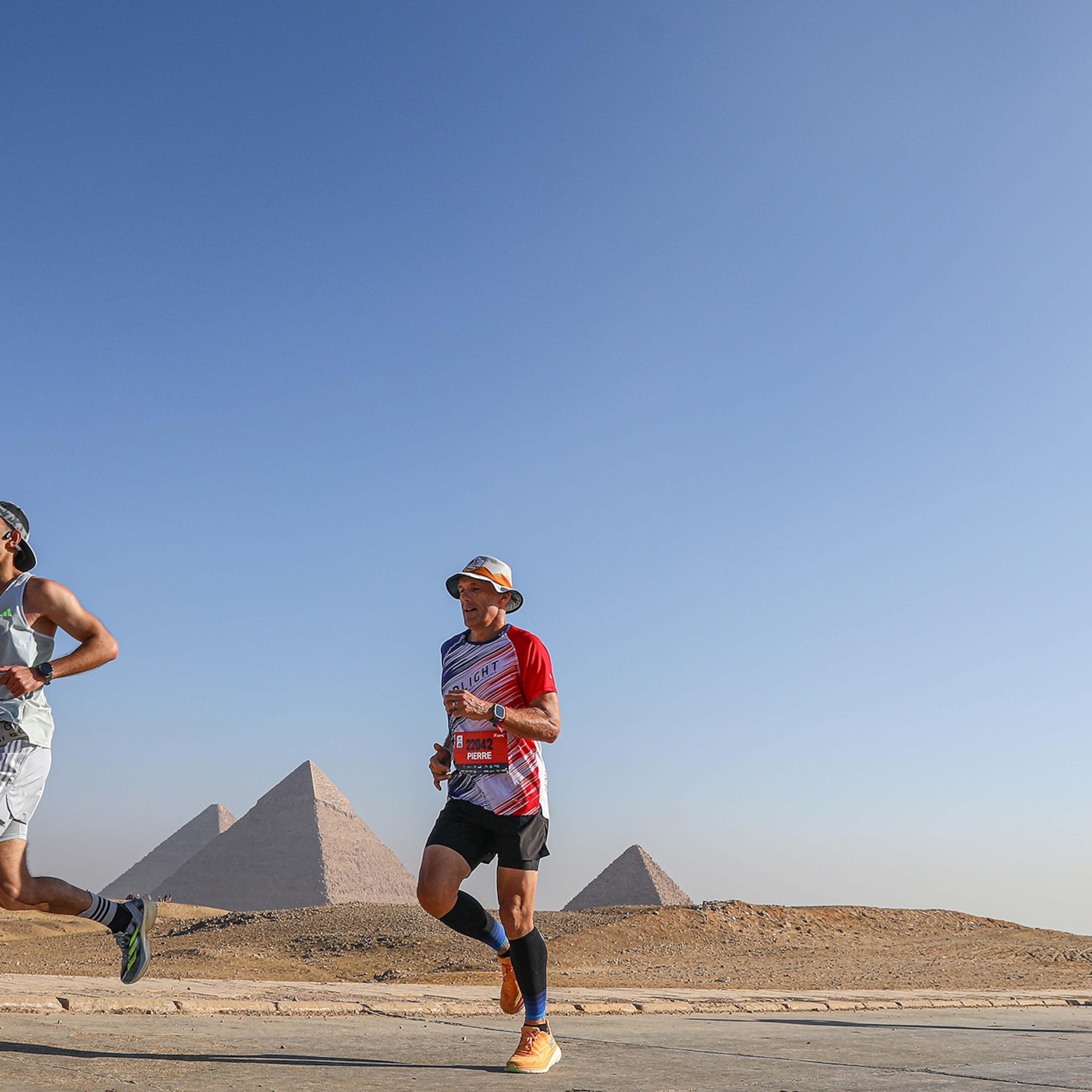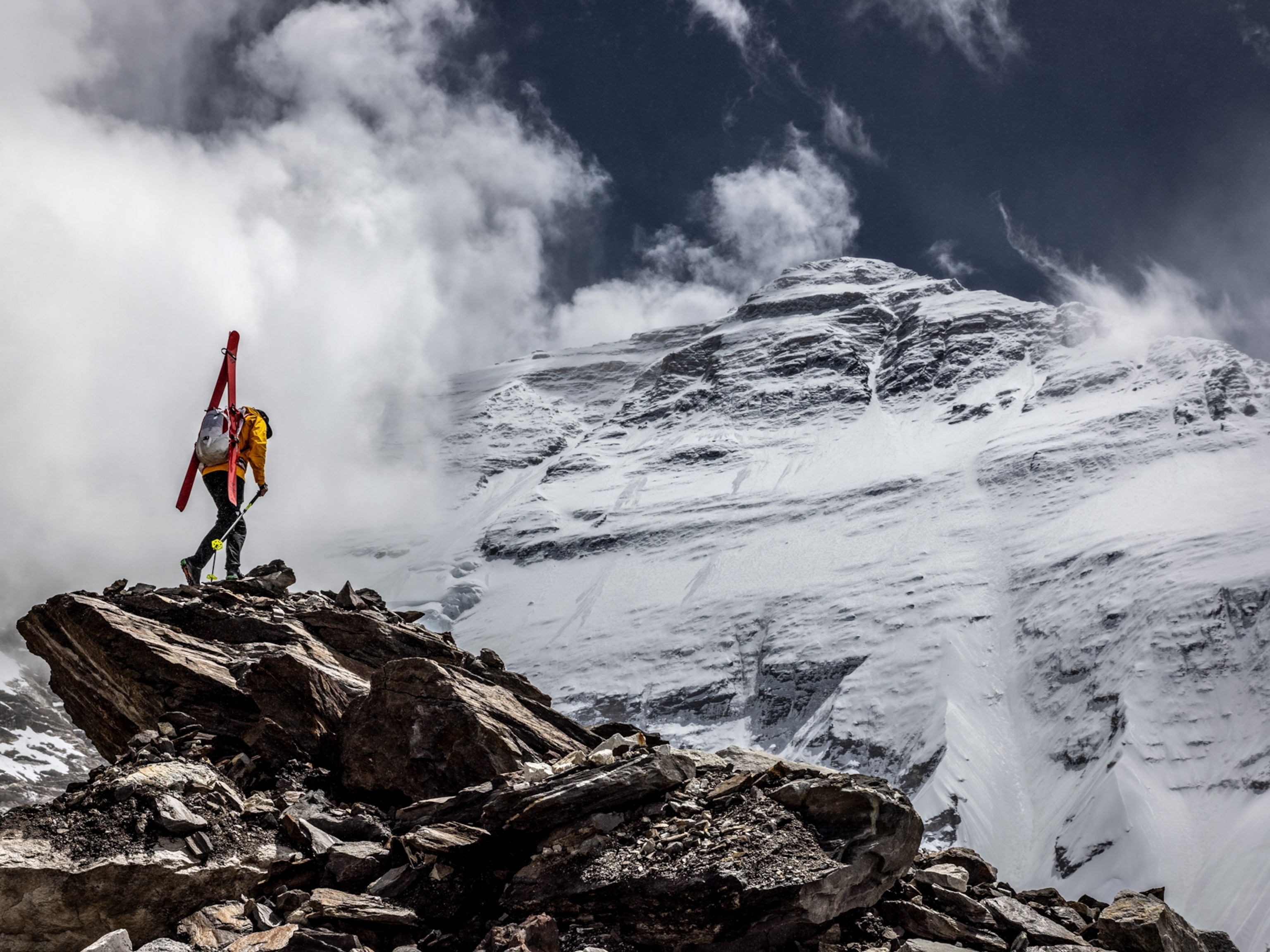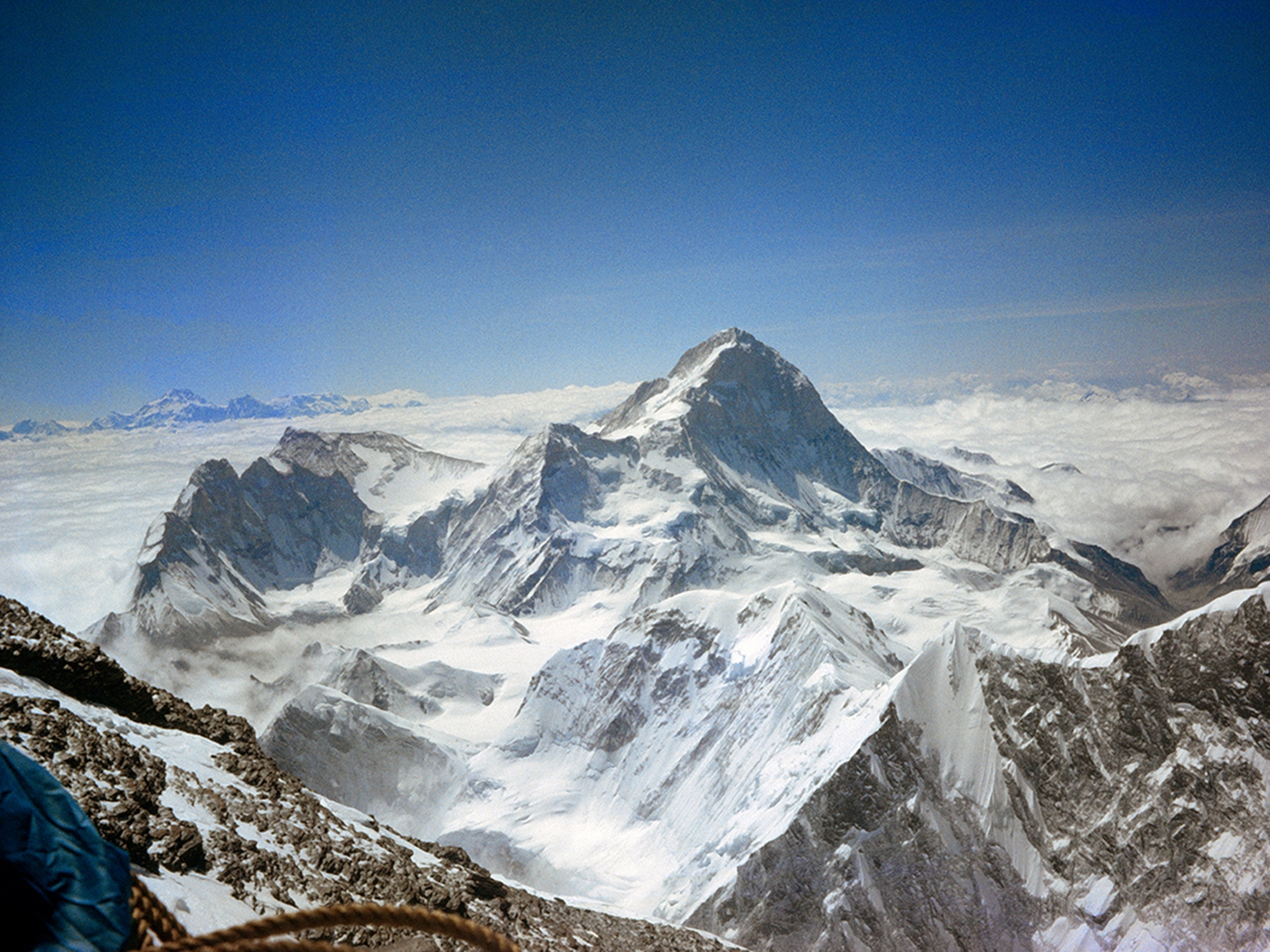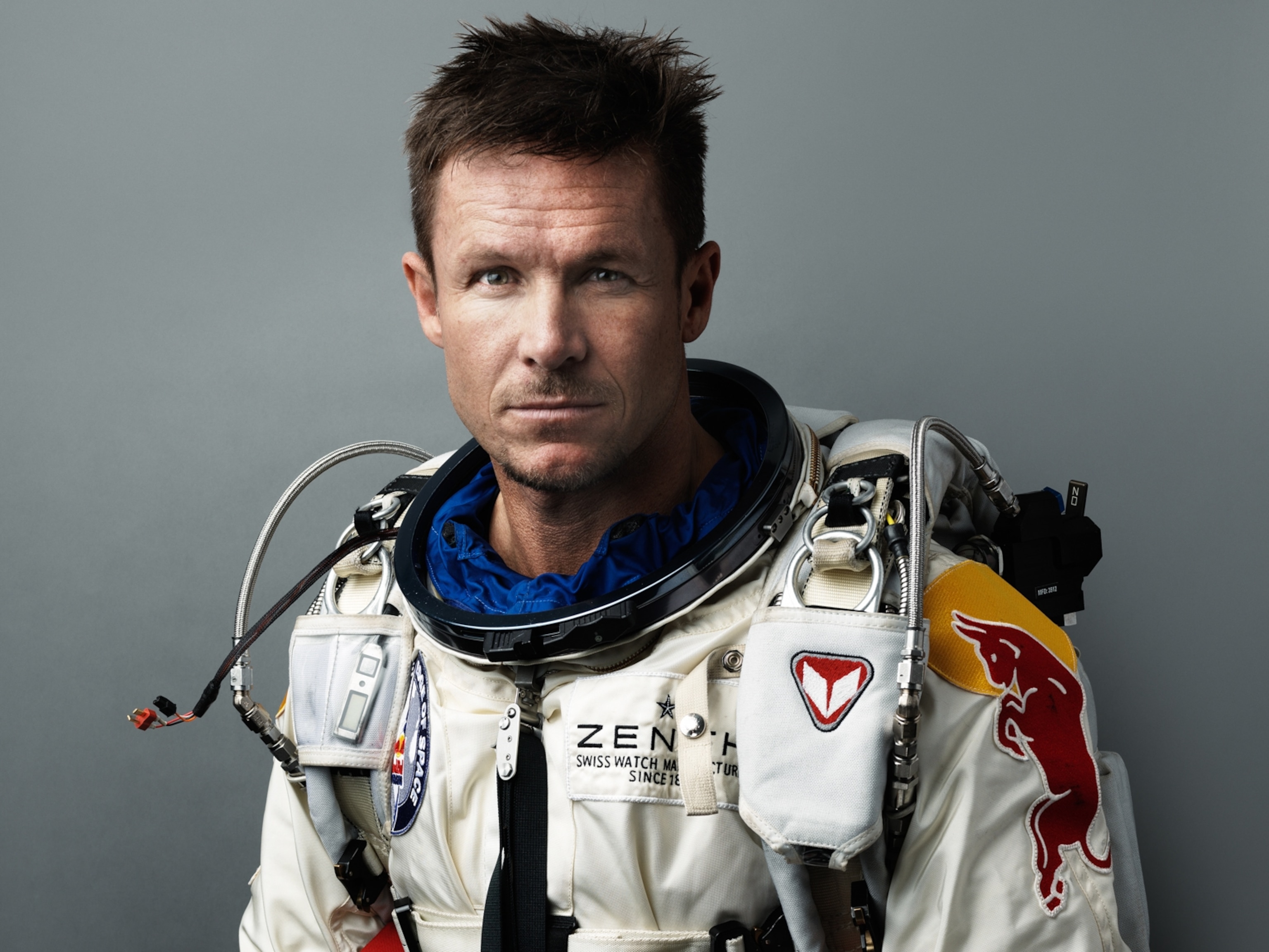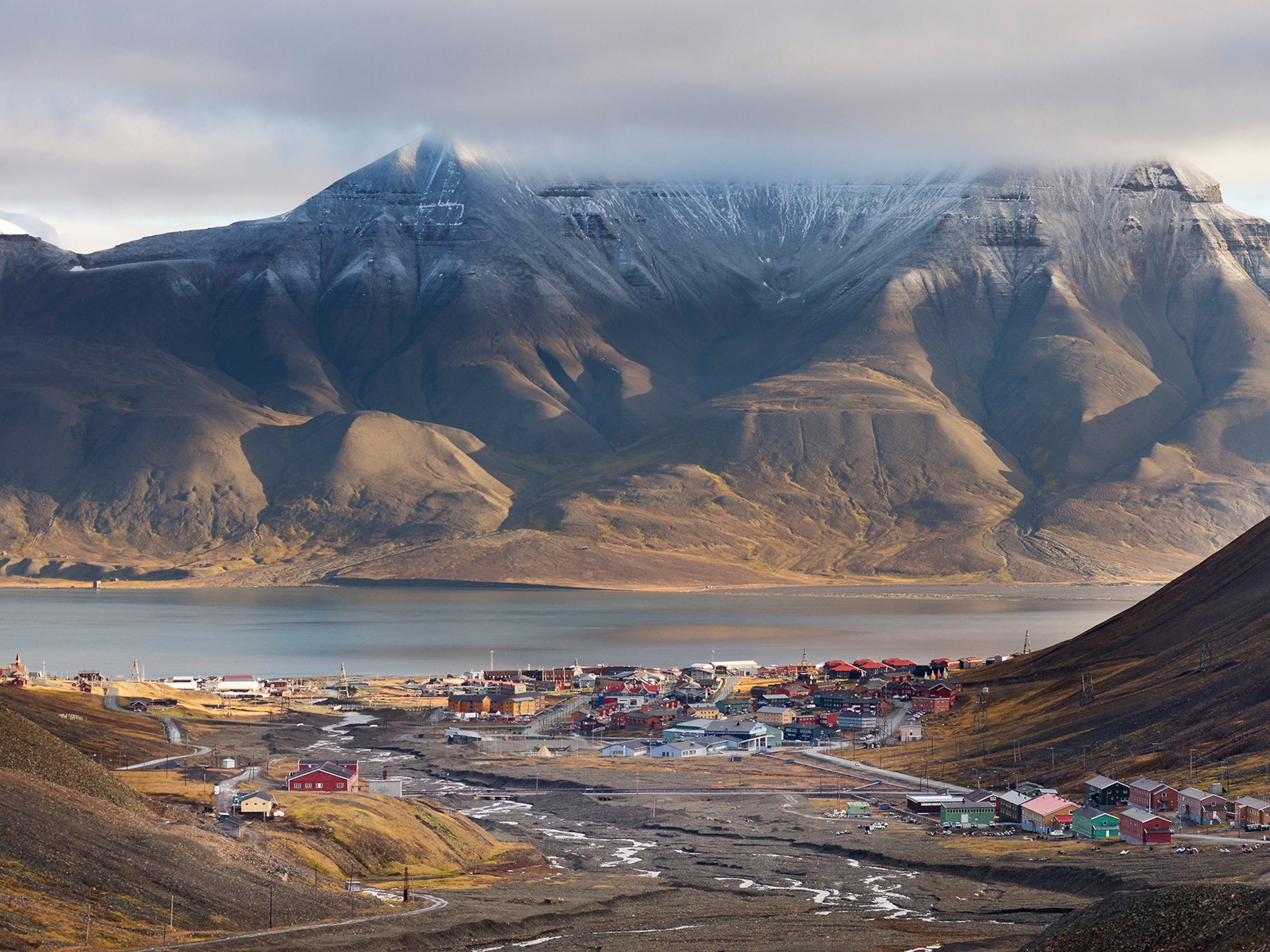The Trail Runner: Scott Jurek
A legendary athlete caps a 20-year career in adventure running with a speed record on the iconic Appalachian Trail.
On July 12, 2015, Scott Jurek, hampered by injuries and running on almost no sleep, set a new supported speed record on the Appalachian Trail: 46 days, 8 hours, and 7 minutes.
Speed records come and go; hiker Heather Anderson set the unsupported trail record just two months after Jurek set his record. Maybe a year from now, maybe in a few decades, someone will displace Jurek’s time, but what will always remain is the indelible mark he has left on the sport of ultrarunning. His 2015 record merely serves as an incredible capstone of a 20-year career.
“I said it was going to be my masterpiece,” says the 42-year-old Jurek, who was aided by his wife, friends, and the trail community. “Not from the standpoint of, ‘I'm going to blow away the record and it's going to be a masterful feat.’ More from the standpoint of, 'This might be [the] last, biggest thing I do from a running standpoint.' That's the way I looked at it.”
When Jurek began his career, few people outside of a small community knew about ultramarathons, races with a distance greater than the marathon's standard 26.2 miles. Epitomized by races like California’s famed Western States 100—which follows wild, undulating terrain for a hundred trail miles through the northern Sierra Nevada—ultrarunning existed on the fringe of the running world.
Catalyzed by Christopher McDougall’s best-selling 2009 book Born to Run—which told the story of Mexico’s Tarahumara Indians, who for centuries have run incredible distances in bare feet, and heavily featured Jurek as he traveled to run with the tribe in their homeland of Copper Canyon—ultrarunning gained popularity and mainstream acceptance from the running community this decade. The number of races has exploded in recent years, and races have had to develop lottery systems for entry. With an incredible string of seven consecutive wins at Western States and back-to-back wins at the Badwater Ultramarathon, a grueling 135-mile race across Death Valley up to the trailhead of California’s Mount Whitney in sweltering mid-July, Jurek became the de facto poster boy for the sport and an inspiration to runners everywhere, capable of drawing large crowds for speaking engagements. Jurek’s Appalachian Trail run was a testament to his star power.
“I wanted people to be able to follow along,” says Jurek, whose fans could track his whereabouts via GPS and were encouraged to join him for legs of the run. “I didn't know it would create such a buzz. I'd literally be waking up a lot of mornings, getting out of our van, and somebody would be out there, or several people would be out ready to run at 5:30 a.m.”
While Jurek had hoped to shave down days from the previous record, set by 2012 Adventurer of the Year Jennifer Pharr Davis in 2011, it came down to a mere three hours and 13 minutes. For Jurek, the record was in doubt up until the last few miles. A strained quadriceps and a tweaked knee sustained during the first week of his attempt worsened as he neared the northern terminus of the 2,189-mile trail that stretches from Georgia’s Springer Mountain to Maine’s Mount Katahdin in Baxter State Park. Five days prior to reaching the summit of Katahdin, Jurek had told his wife, Jenny, who supported him over the course of the six-week run, and friends who joined him to pace him through the final push, that there simply weren’t enough hours remaining to set the record. Spurred on by the encouragement of friends who flew in to run with him through the final push, Jurek continued to the finish.
There were points when his standard three- to four-miles-an-hour pace had slowed to only one mile. He slept only a handful of hours in the last few days, forgoing sleep to keep moving for as much as 22 hours a day.
“It was really an epic adventure,” reflects Jurek. “There is nothing else that compares to it physically, mentally, that I've done in my career.”
—Fitz Cahall
THE INTERVIEW
Adventure: You’ve called this run your masterpiece. What made it so special?
Scott Jurek: It was the hardest, most rewarding, and most monumental achievement in my career—just the sheer magnitude, as well as what it took for me physically, mentally, and even beyond that, and then the fact that I got to share that experience with my wife, Jenny, who, thankfully, was in for the ride. She was invested in it as much as I was just in terms of what she poured in each day, since she was crewing me for the whole 46 days.
A: How did you prepare for the Appalachian Trail?
SJ: I tell people it really was 42 years of life and 20 years of running ultras and just taking all of that experience and knowledge and physical training and [using] that. It wasn't just about a six-month buildup to get ready for this, and that's why I waited so long in my career to do something like that.
A: Your run was a very public adventure, with regular dispatches from social media and fans and running clubs coming out to support you along the way. Did it surprise you how much it resonated with the community?
SJ: It was really strange. It was like The Truman Show at times because people knew what I was doing, where I was sleeping every night. People would come out and bring me fresh food or fresh fruit just out of the blue—it was not planned at all. It actually gave me a lot of motivation and inspiration. I ran with somebody who, for instance … was recovering from leukemia. He said, “I told myself that I'm going to run with Scott, and I want to run 30 miles with you today.” I had other individuals who joined me for just maybe two or three miles and would tell me their story, how they had maybe overcome disease or a weight issue or self-confidence. Those were supermotivating, especially when you're struggling each day to put one foot in front of the other and thinking, "Why am I doing this?"
A: A lot of ultrarunners struggle to stay healthy and competitive year in, year out. How have you been able to maintain at such a high level for so many years? Genetics?
- National Geographic Expeditions
SJ: I'm not the prettiest runner. I've got scoliosis. I've got a leg that's shorter than the other. I wouldn't say I've got the tip-top of those genes. Really, more than anything, I think it's balance. It's really balance, and then learning and listening to my body I think has been the biggest, along with balance. I think that’s key when you have a passion, finding that balance point so you can still be creative, still be adventurous, be on the edge and not on the cusp, learning about yourself and about the wild places we love to re-create, but then being able to kind of pull back and look at it like, what's most important in the long run?
A: You’ve been a big proponent of a plant-based diet. Do you think that’s been the secret?
SJ: My plant-based diet isn't everything, but it's allowed me to remain healthy and recover quickly, and just as far as longevity, it's not a quick fix. I think that's where diet ... everybody's looking for a quick fix, but it's really like a comprehensive look, of listening to my body, training smart.
A: There was unfortunately an unhappy postscript to your Appalachian Trail record. The head of Baxter State Park, who oversees Katahdin, hit you with a series of fines, including littering because celebratory champagne was spilled on the ground, traveling with too big a group, and drinking in public because you took a swig of champagne.
SJ: The Baxter thing just got way out of control because it painted me as this bad boy of ultrarunning and trail running. Most people obviously read through it, but it was a shame that people didn't really look at what I was doing along the way. It was one of my goals in my career to do one of the National Scenic Trails and draw attention to this amazing place we have and get people interested in conservation, get them thinking about leave no trace. I mean, I packed up every single bit of used toilet paper from the entire trail.
A: You’ve said this might be the last big thing for you. What’s in store for you in the future?
SJ: I never expected to go to the places that I've gone with running. It was just a passion that I followed initially. Records are fleeting. Races and accomplishments are fleeting. It's really more about that process that we all go through. For me, that's the thing that keeps me coming back for this sport. It's really the things that I learn about myself and about others. I think those invaluable life lessons and experiences, those don't come just because you've broken a record or you've reached your goal that you set. It really comes from the process and the learning that occurs, the evolving. My main goal is just to not stay stuck or stop running, stop doing the thing that I love.
